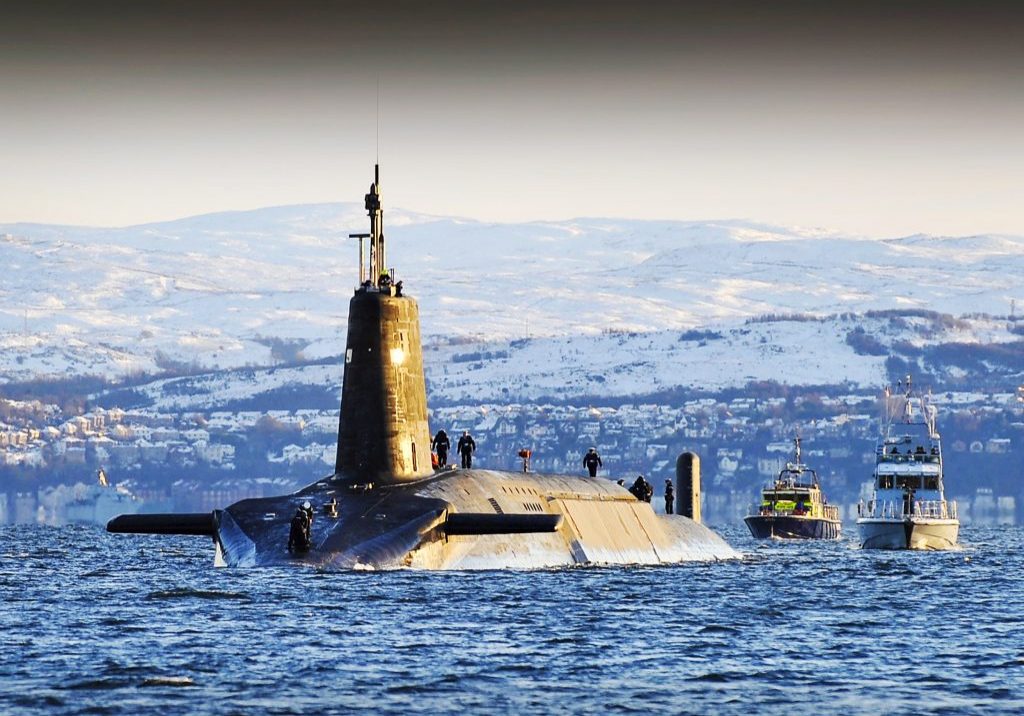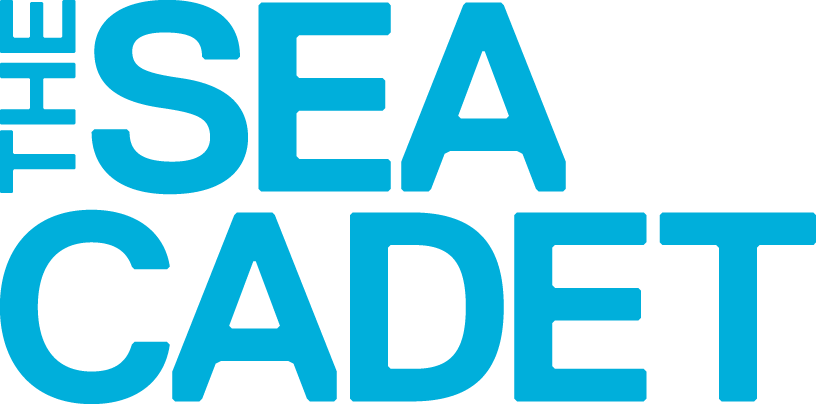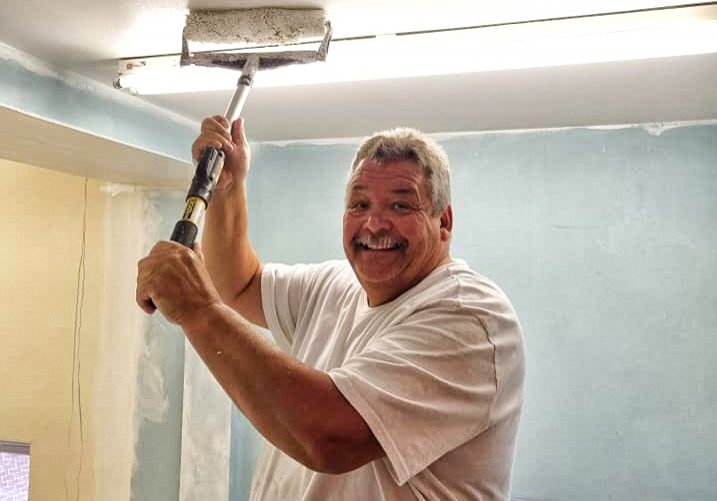Careers: How to become a Royal Navy Officer
Lt Owen Long, CO of HMS Explorer, describes life on board and explains how Sea Cadets sparked his ambition to work at sea

When did you decide you wanted to join the Royal Navy?
Since I joined Sea Cadets at age 10. I couldn’t see myself in any other career than one at sea!
How did you set about achieving your career ambitions?
When I was 15, I went to an armed forces careers office, where I learned about all the different jobs you can have in the Royal Navy. I then had to complete a series of interviews and tests to earn my place at Britannia Royal Naval College, where I trained to become a Royal Navy Officer.
What are some of your responsibilities?
As the Commanding Officer, I am ultimately in charge of the ship and its crew. I am also responsible for writing the ship’s programme and navigation planning.

What does an average day at sea look like?
HMS Explorer is a P2000 inshore patrol vessel, and can be called upon to perform lots of different jobs. One day we might be training University Royal Naval Units cadets to become navigating officers; another we may be operating with a fleet of other ships, helping to protect the nation’s interests. One of the benefits of a career in the Royal Navy is that no two days are ever the same!
What’s the best part of your job?
Getting paid to travel the worldl! I’ve been fortunate to travel to the USA, the Mediterranean, the Falkland Islands and, most recently, the Baltic Sea. We sailed from the UK as far as Latvia to take part in a NATO exercise with around 40 other ships. We played enemy forces for the larger warships and tested their ability to defend against small, fast attack craft.
And what’s the most challenging part?
Spending time away from home, family and friends can be tough, especially in the early days. However, the Royal Navy is getting much better on this front, with wi-fi on board to keep in touch with loved ones. They also have new ways of crewing ships and rotating personnel, which allows us to have more time at home.

How did Sea Cadets help you to achieve your life goals?
Whether you want to pursue a career at sea or ashore, Sea Cadets gives you a great head start. You’ll be a better leader and communicator, and a more well-rounded person with the experiences that you’ll have.
What are your fondest memories from Sea Cadets?
My best times were the trips away from home. I had the opportunity to spend time on TS John Jerwood and TS Royalist, travelling around the UK coast and experiencing life at sea.

What advice would you give cadets?
Never turn down an opportunity, and try everything at least once! A last-minute decision to go on a Day Skipper course gave me an interest in seamanship and navigation, which led to me becoming a Royal Navy navigator. And a spur-of-the-moment band weekend in my local district, which I attended for a bit of a laugh, ended up with me marching down the Mall and through the City of London with the National Band of the Sea Cadet Corps the following year! You really never know where Sea Cadets will take you.
Images: Owen Long
More Advice

Careers: How to become a submariner
Ever wondered what it’s like to work underwater? Mechanical engineer Lt. Isobel Rawlinson talks about her role, and rowing across the Atlantic


